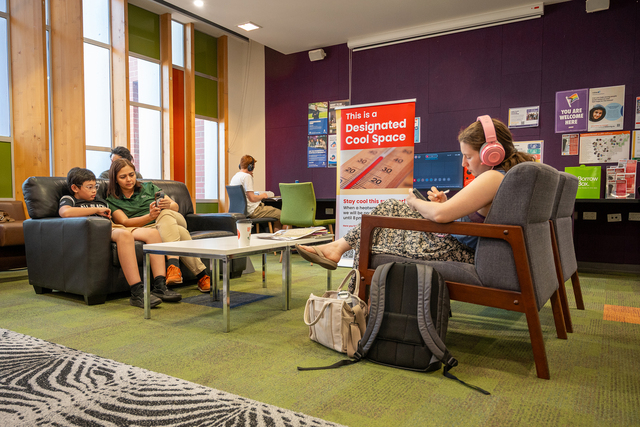No doubt many of us breathed a sigh of relief as we flicked our calendars over and ushered in the New Year. Local Government had an eventful 2016 to say the least, with council amalgamations and elections breaching national headlines throughout much of the year.
The often-brittle dynamic between Australia’s federal, state and local governments was tested and occasionally reached breaking point, with a few particularly heated instances standing out.
The City of Fremantle copped a lesson in federalism when the Council dared to suggest altering its Australia Day celebrations and coinciding citizenship ceremony to focus on promoting a more socially inclusive message.
The idea was prompted following meetings with
local Indigenous elders and passed by council after it was deemed indicative of wide community sentiment.
When this was announced, the social media machine kicked into overdrive and the mainstream media gleefully fuelled the fire. The beat up reached such intense levels that Malcolm Turnbull himself deigned to step in and denounce the Council’s actions.
Putting aside for a moment the debate around the meaning of our country’s national day, the message sent from federal to local government was loud and clear: Don’t step out of line.
As local government remains the tier that is closest to the people, it seems reasonable that councils should be granted the autonomy to best represent the overall social views of their community, but sometimes this isn’t so.
Assessing the comments from the various state and territory associations on our front page this month, tension between the three tiers is running as high as ever.
Victorian councils received bad news in December when the state government announced the rate cap this year would be fixed at 2 per cent, down from 2.5 per cent. An Ombudsman’s report was also released condemning Victorian councils for a lack of transparency and the decision to hold secret meetings without properly disclosing why. Perhaps we’re getting ahead of ourselves, but it seems the state could be assembling its case for amalgamations.
State-to-local cost shifting remains a problem across the country, and federal grants aren’t keeping pace.
A small win for local government came at the final COAG meeting for the year, in which the new Australian Local Government Association (ALGA) President, David O’Loughlin, was granted the Association’s first formal one-on-one meeting with a Prime Minister in seven years.
Topics discussed included an end to the Financial Assistant Grant indexation freeze, investment in roads (including permanently doubling Roads 2 Recovery), domestic violence, and Indigenous affairs (which the ALGA board has said it will discuss in detail in February).
Here’s hoping the PM is genuinely interested in listening to and improving the financial plight of local governments – it’s going to require some serious mettle.
















